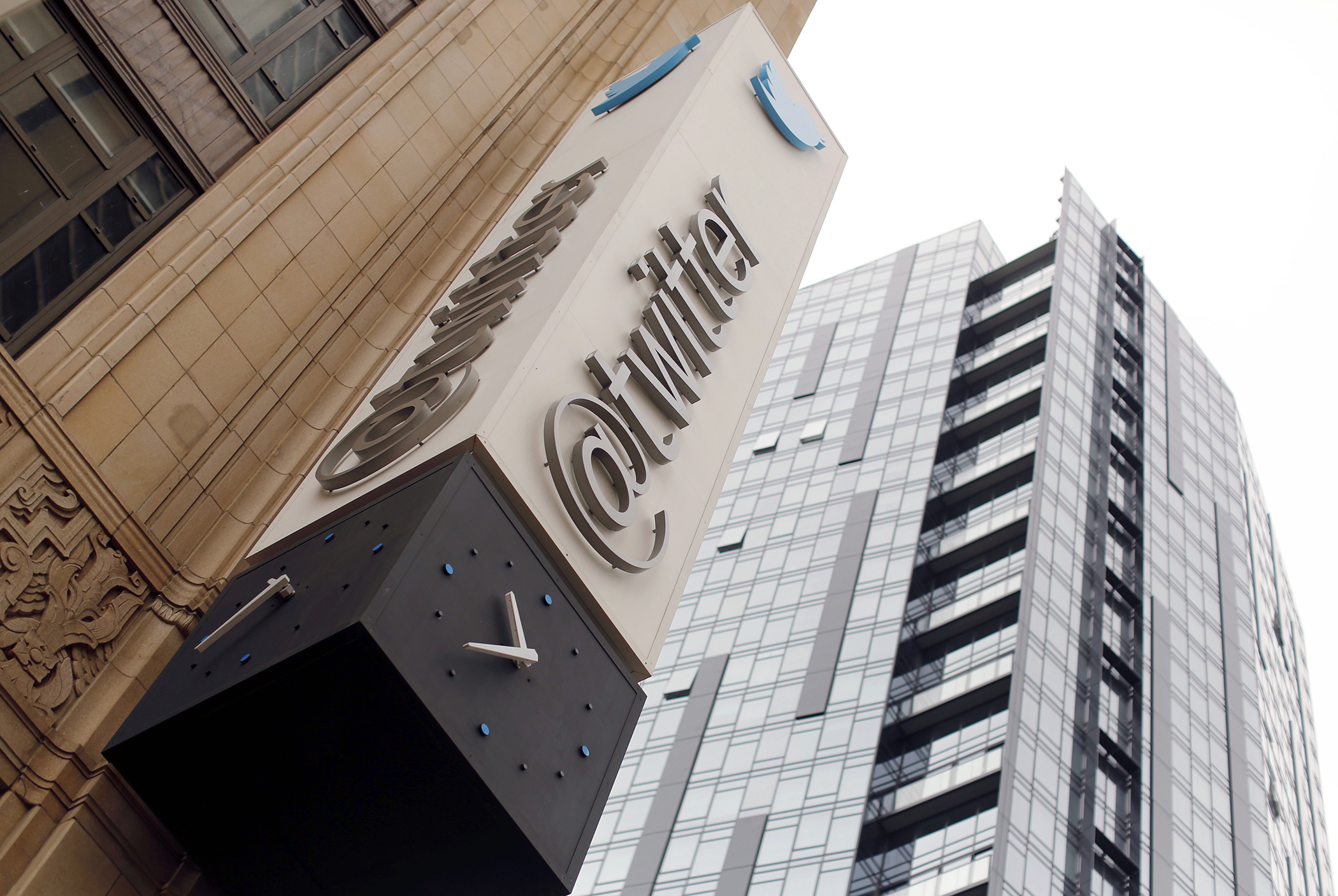
A new study shows that Twitter has more job openings than other social media sites and more job seekers than even LinkedIn. In addition, the number of Twitter users grew more rapidly than LinkedIn and Facebook in 2014, according to the Pew Research Center. Much of this growth seems to be coming from young professionals and high income workers, fertile demographics for employers.
Despite that, only 15% of recruiters have actually found someone to hire through Twitter. A possible reason for this is a lack of response from job seekers to Twitter postings; the people surveyed by Software Advice cited inconsistency of job postings and poor communication by companies with job seekers as reasons for dissatisfaction. 76% of them indicated that their primary interaction with employers on Twitter is to check out company profiles, not necessarily to apply for jobs themselves.
All this begs the question of how Twitter can improve its performance as a matchmaker for jobs. One good way would be for the company to set up a traditional job board, organized by categories, along the lines of a Monster.com.
Currently, the primary way for a Twitter user to find a job is by following specific companies he or she is interested in or by searching via hashtags related to jobs, companies, or industries. While these methods can bear fruit, they’re a bit like looking for a needle in a haystack. For example, a search for the hashtag #jobsearch will produce hundreds of tweets that are only tangentially related to actual jobs, including articles on job hunting, random thoughts, and junk tweets that use the hashtag for promotion.
In addition, unless you search for every possible hashtag an employer might use and unless the employer uses the right hashtags, you could easily miss a posting for your dream job. Not to mention that as new tweets keep appearing every few seconds, the process of finding an appropriate job can be extremely time consuming and difficult.
This might also explain why job seekers tend to use Twitter more for gathering information on specific companies than to check out job postings and even less to apply through Twitter. The pace of Twitter is so fast and the content so diverse and scattered that finding a job directly through the Twitterverse is simply too challenging.
Sites like Monster.com or CareerBuilder, on the other hand, provide a more attractive option by aggregating job postings and making it easy for job seekers to view jobs by different parameters such as functional area, industry, region etc. It’s less dynamic than social media but comfortably static for users.
What Twitter needs to do is add this functionality to complement the strength of its own platform. While traditional job boards are great for active candidates, Twitter can also be useful for general career development and to keep a pulse on the market for a future job hunt. It’s a real-time information medium that also allows users to gain market insight and to communicate directly with companies they may be interested in working for. That’s a huge advantage for Twitter.
The only real service that the company needs to provide is to curate tweets to differentiate between actual job listings and other types of tweets, and to aggregate those tweets under common verticals like function, industry, and region.
There is, of course, tweetMyJobs, a leading social media add-on service that enables job seekers to receive targeted job matches via Twitter and to send resumes to employers. The site also helps employers set up profiles and send out listings to job seekers through social media. But that further illustrates the tremendous opportunity that Twitter is failing to take advantage of.
By becoming a go-to site for job seekers, Twitter could potentially outpace its competitors in the space and create a new revenue stream in the future by charging employers for posting listings. As those looking for employment or career advancement search for new ways to find what they’re looking for, Twitter, by standing at the vanguard of social media, is uniquely positioned to help them.
S. Kumar has worked in technology, media, and telecom investment banking. He has evaluated mergers and acquisitions in these sectors and provided strategic consulting to media companies and hedge funds.
More Must-Reads from TIME
- Donald Trump Is TIME's 2024 Person of the Year
- Why We Chose Trump as Person of the Year
- Is Intermittent Fasting Good or Bad for You?
- The 100 Must-Read Books of 2024
- The 20 Best Christmas TV Episodes
- Column: If Optimism Feels Ridiculous Now, Try Hope
- The Future of Climate Action Is Trade Policy
- Merle Bombardieri Is Helping People Make the Baby Decision
Contact us at letters@time.com